You probably don’t think about your eyes much unless something goes wrong. But many common routines chip away at your eye health without realizing it. These are slow, unnoticed shifts, which eventually catch up to you. If you’ve picked up any of these habits, it’s worth paying attention.
Skipping Sunglasses Outdoors

Being out in the sun without UV-protective sunglasses wears down the tissues that keep your eyes functioning well. Over time, UV exposure can lead to cataracts or similar problems. Look for lenses that say 100% UV protection or UV400.
Too Much Screen Time
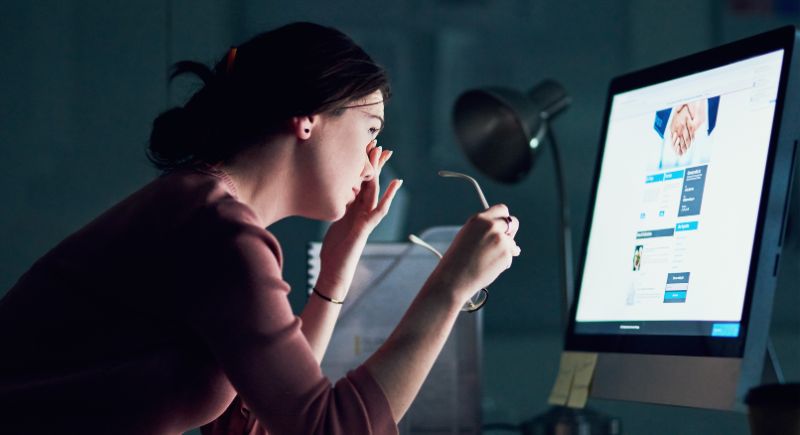
Most people spend large portions of their day on a screen. The longer your eyes stay focused at a close distance, the more they strain. That can lead to blurry vision, dryness, and headaches. A helpful trick is the 20-20-20 rule: every 20 minutes, look at something about 20 feet away for 20 seconds.
Rubbing Your Eyes
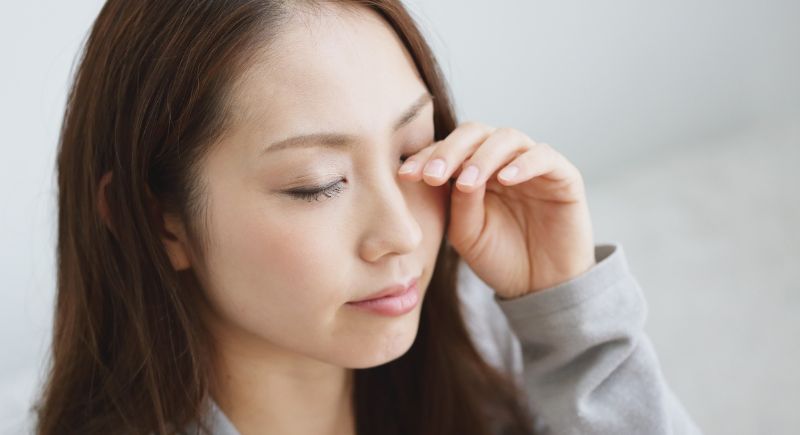
That quick rub when you feel itchy might seem harmless, but it’s surprisingly rough on the eye’s surface. The cornea can get scratched, especially if there’s grit or dust involved. And rubbing transfers bacteria and allergens from your hands straight into your eyes, which makes infection more likely.
Sleeping in Contact Lenses

Even short naps with contacts in can cause problems. Oxygen flow gets blocked, and bacteria multiply in the space between the lens and the eye. Gradually, repeated use raises the odds of corneal infection and may result in permanent changes or complications.
Forgetting to Hydrate
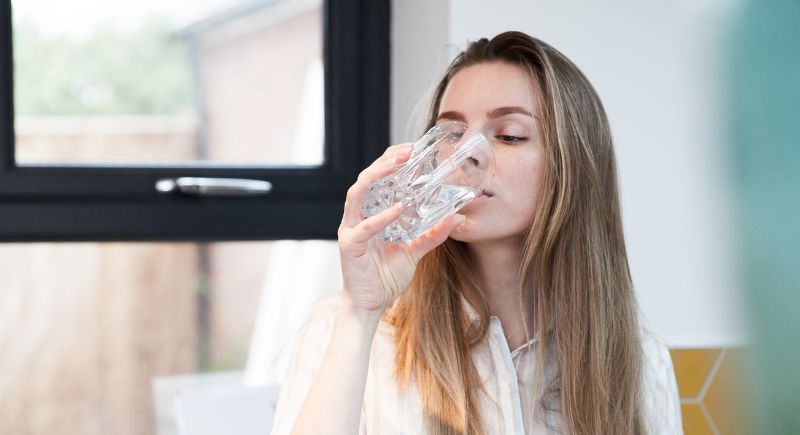
If you’re not drinking enough water during the day, your eyes can feel irritated or not properly lubricated. Dehydration slows tear production, and we all know that tears keep your eyes clear and protected. Try to space out your water intake instead of chugging at once.
Mistaking Other Things for Eyedrops
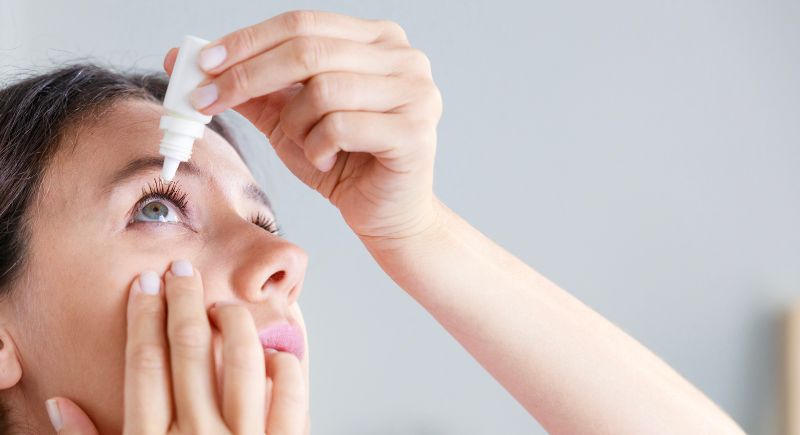
It sounds like something that only happens to someone else, but confusing superglue or nail adhesive for eye drops is more common than you’d think. The bottles look similar when the labels wear off or things get mixed in a drawer. These accidents can do lasting harm if not treated quickly. Keeping similar-looking items separate is worth remembering.
Not Wearing Protection for Tasks

Not all household chores require safety goggles, but they often should. “Mowing, sanding, spraying chemicals, these activities come with flying bits and splashes that can impair your vision more than expected. Don’t overestimate how safe common tasks are because you’ve never had an issue.
Forgetting Sunscreen Around the Eyes
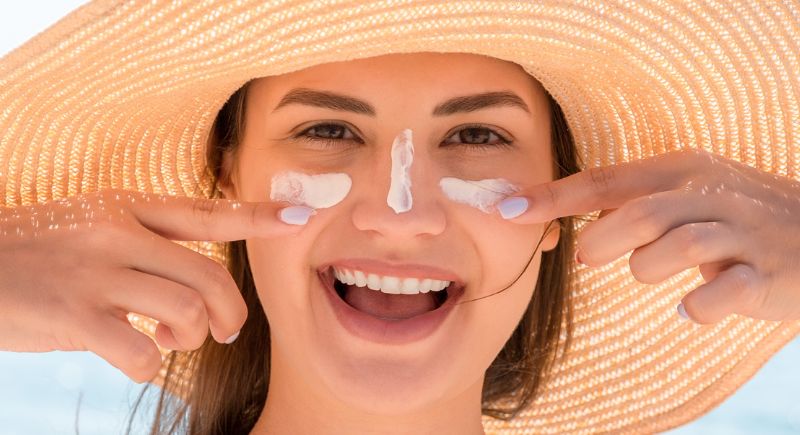
It’s easy to stop short of your eyes when applying sunscreen if you’re worried about stinging. But the area gets exposed to UV just as much as the rest of your face. Using a sunscreen made for sensitive areas can help. Just make sure it’s safe for facial use and gently apply it.
Overusing Eye Drops
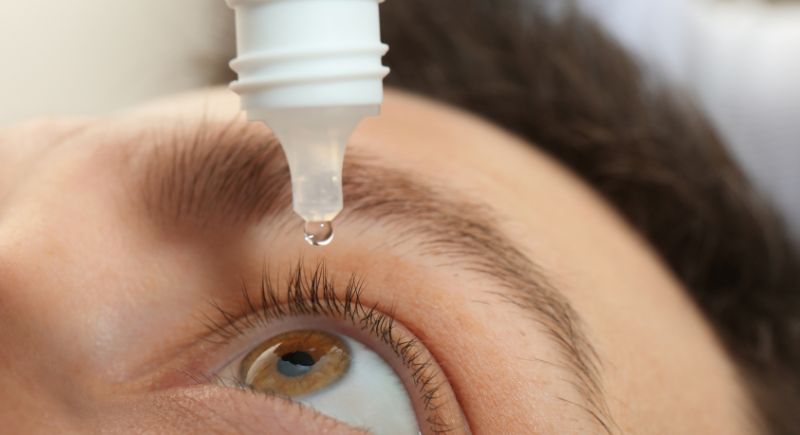
It’s tempting to use relief drops whenever something feels off, but doing that too often can backfire. These drops constrict blood vessels, and when the effect wears off, redness may return, sometimes worse than before. If these issues persist, talk to an eye doctor before using over-the-counter drops.
Sleeping in Makeup

Mascara and eyeliner can stick to lash lines, where small glands help regulate moisture. Leaving that stuff on overnight can clog those glands, leading to styes or increased dryness. One night probably won’t cause a problem, but when it becomes routine, they build up, and you don’t notice.
Not Cleaning Contact Lenses Well
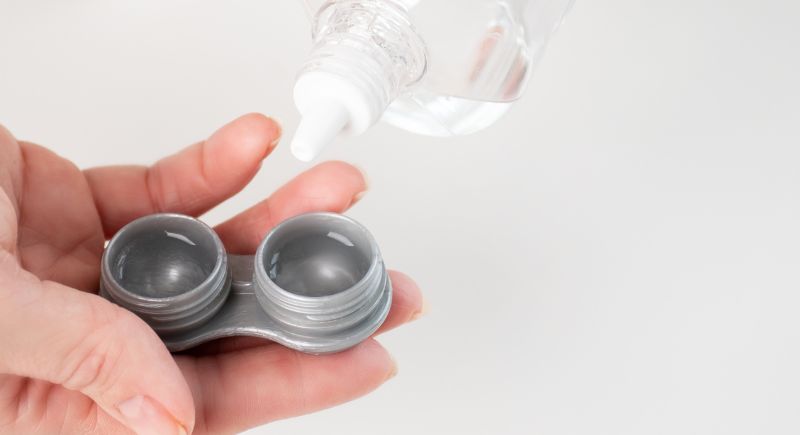
Slacking on lens care routines, like skipping handwashing, using tap water, or reusing old solution, opens the door to bacteria. That’s how infections get started. Even without symptoms popping up right away, improper cleaning increases the risk. It would be wise to stick to the routine your optometrist gave you.
Wearing Daily Contacts for Too Long
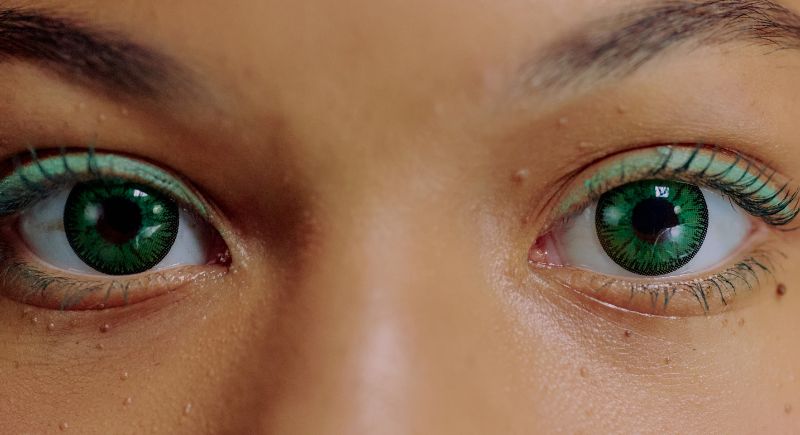
Stretching daily lenses for extra days might seem frugal, but it backfires. The material isn’t designed for extended use—it starts to degrade, accumulate bacteria, and lose moisture. You may think it’s fine initially, but the likelihood of infection eventually grows.
Skipping Regular Exams
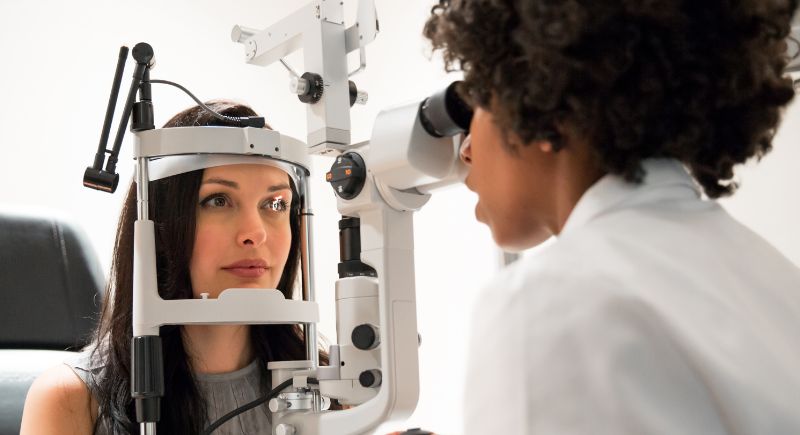
Clear vision doesn’t guarantee healthy eyes. Many serious conditions show no symptoms at first. Regular exams can catch issues, such as glaucoma, retinal damage, or early signs of diabetes that you wouldn’t notice yourself. Keeping up with your checkups is one of the best ways to protect your vision as you age.
Letting Indoor Allergens Build Up
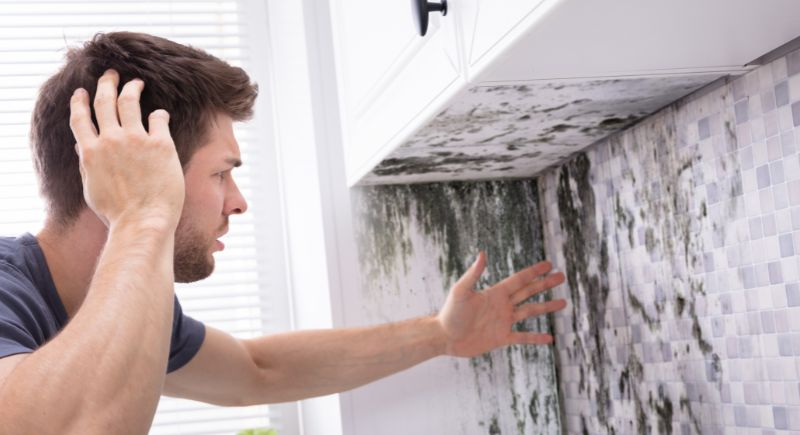
People often associate allergy symptoms with spring or being outside, but indoor air quality can affect your eyes just as much. Common culprits like dust mites, indoor mold, or animal hair tend to linger in poorly ventilated spaces. If your eyes burn or water frequently indoors, air filters, vacuuming, and managing humidity are worth a closer look.
Watching an Eclipse

Watching an eclipse can cause real retinal impairment. You won’t feel it happening—there are no pain receptors in that part of the eye—but the effects can be permanent. Standard sunglasses aren’t designed for this kind of exposure. If you plan to view an eclipse or anything similar, use certified solar filters.